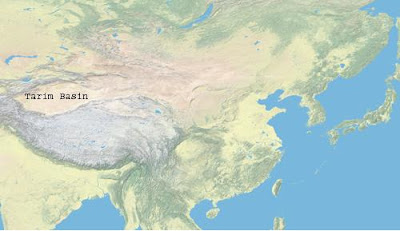Sentimental Reflections on the 60th Birthday of PRC
To many, China is arguably the Roman Empire that never collapsed. Yet if it is, it certainly lacks Rome China China
So we now witness the economic and military rise of my homeland without any sure sign of its cultural renaissance. I see literary talent silenced for the creation of wealth. I see business accounting preferred over classical literature. I see vulgar discourse of artificial morality preferred over a true embrace of humanity. I see an entire generation lost in the blind pursuit of economic advancement otherwise known as the spirit of the age. I hear the noise of the machines destroying the Ming-Dynasty city wall for another subway line.
It is doubtful whether all this would work. I don’t know if this conforming atmosphere that values naked wealth and superficial knowledge is what’s best for a nostalgic nation determined to regain its long lost past, in which she lived as a country of great erudition. Some people have told me that China lacks confidence, and each small goose step that a soldier demonstrates in front of Tiananmen Square is a small step towards the redemption of an entire culture from the abyss of diffidence. Maybe it’s precisely this psychological insecurity that’s haunting this nation, which spends all her energy on economy and politics and forgets her once flourishing culture. But are missiles, tanks, and bombers the best instruments for the rebuilding of confidence?
They sometimes seem to engender a blind patriotism that distorts proper confidence and renders it dangerous. But I do not intend to answer this difficult question. What I do know is that, before anything changes, Shanghai
- Submitted by T.J. Zhang (CAS '12)
Editor's Note: To watch the entire parade and evening celebrations of the 60th Birthday narrated in English on CCTV-9 (English International Channel), click here.


I like your writing! But what literary talent is being silenced, exactly? I would have thought it was only those "human rights" champions who suffer the wrath of censors? China might not be doing anything to encourage culture, but they don't seem to be overtly discouraging it, either...
ReplyDeleteI don't know about today, but I know that back in the heyday of Mao art that was not directly designed to promote the communist cause was considered degenerate and was not allowed. I know that has changed but I am not sure what the current policy is.
ReplyDelete